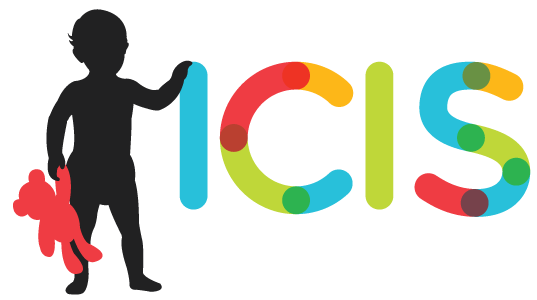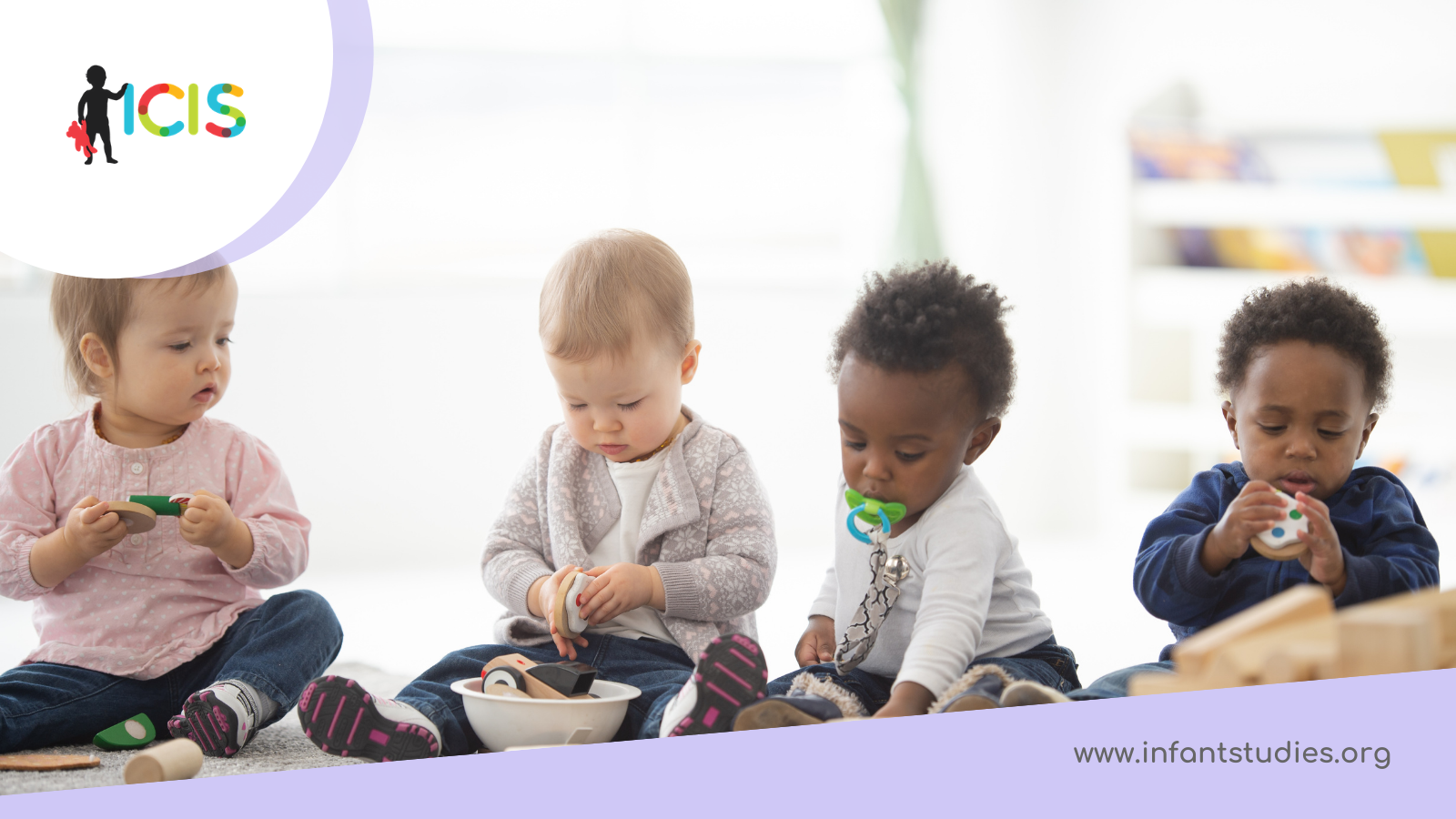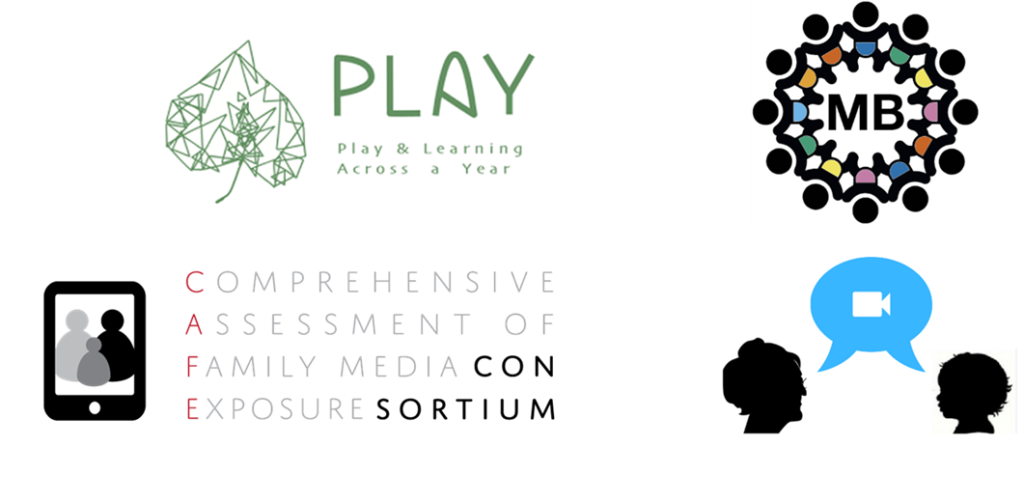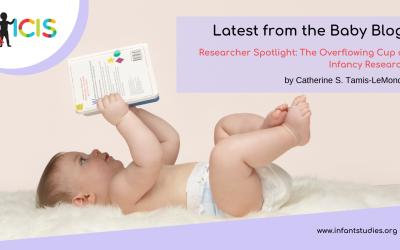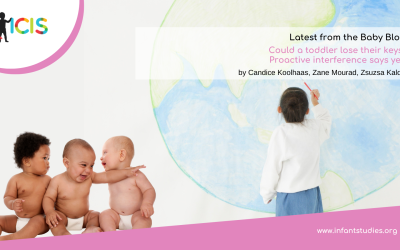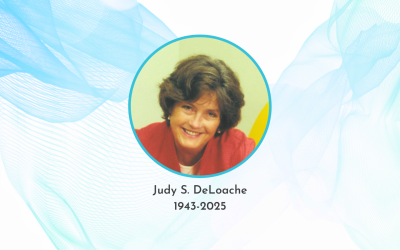by Rachel Barr
My first ever ICIS conference was in 1996 in Providence, Rhode Island. The organizers had decided to return to the site of the first Infancy meeting. In 1996, Carolyn Rovee-Collier was the president and asked infancy researchers to shift the focus of their questions from what infants were doing to why they were doing it. Lew Lipsett invited us all to learn how to use a yoyo and the guest speaker, the mayor of Providence, told us about his marinara sauce. During a poster session, my mentor Harlene Hayne and I simultaneously presented five posters. We had after all traveled from New Zealand and had a lot to share with other ICIS members. I met some of my idols and Harlene pointed out luminaries in the field as they walked by. As a memory researcher, I know that the first experience of an event will of course be coded in exquisite episodic detail with later conferences merging into a semantic set of memories about what typically happens at a conference. Even so, it was a magical experience. Now it is 25 years later, and I have been asked to write for the ICIS Baby Blog as the president elect.
I posed the same question to myself as our president Cathie Tamis-LeMonda did—what might it be useful to share?
I want to share my experiences as a collaborator. In 1996, I was completing my dissertation as a member of the Otago Early Learning Project, under the mentorship of Harlene Hayne. I then moved to the original Early Learning Projects at Rutgers University and completed my post-doctoral training with Carolyn Rovee-Collier. Then I started my own lab, and (naturally) named it the Georgetown Early Learning Project.
The biggest lesson I have learned from being a lifetime member of the Early Learning Project is that Developmental Science is a team sport.
In order for research ideas to take flight, to be able to shift one’s focus from what to why, it is necessary to team up with creative collaborators and . Collaboration allows for synergistic discussions from multiple perspectives and for more representative samples to be collected and analyzed more rapidly. These factors are necessary to answer complex questions and to understand the mechanisms of infant development. It is my firm belief that throughout our careers, researchers thrive due to the strength of their collaborations. I was recently struck by a young colleague’s email signature: “relationships are primary, all else is derivative.” This signature may not strike many young ICIS members as a novel idea; indeed it may seem like commonsense. It is important to note, however, that only a few decades ago, many infancy researchers strove to have single author publications. Of course, there are occasions when single author pubs make excellent contributions to the field, but I would argue that in general teams are more likely to solve the complex problem of understanding infancy, .
I would like to provide a couple of concrete examples to showcase how infancy researchers have led the way in creative collaborations. The first is the Play and Learning Across a Year study (or PLAY), run by Infancy leaders, Karen Adolph, Cathie Tamis Lemonda and Rick Gilmore, collaborating with 30 infancy labs across the US and Canada with the goal of collectively gathering 900 hours of observational data. Once collected, this invaluable resource will be shared with other research groups via Databrary, another shared resource that was mentioned in the last spotlight. Similarly, Manybabies run by Michael Frank, and Manybabies-bilingual run by Krista Byers-Heinlein have mobilized researchers across the globe to collectively replicate findings from the infancy literature. I am a joiner and so I am proud to say that I am a member of both PLAY and Manybabies-bilingual.
In two other examples I have played a more organizational role. For many years, I have been interested in how infants and toddlers growing up in the digital age learn from different forms of media and whether they can transfer that knowledge into the real world. Given the rapid rate of technological change over the past 20 years, until recently researchers have only superficially addressed media exposure rather than comprehensively examining family media ecology and its impact on early developmental trajectories. Enter the CAFE consortium, an international consortium who have collectively been working to develop a comprehensive measure of family media exposure. Finally, the COVID pandemic has clearly led to a number of challenges, but also opportunities, for researchers of infant and child development. My collaborators and I started a project we call Babies, Zoomers, and Boomers, where we have been following grandparents and grandbabies who use videochat to remain connected during the COVID pandemic.
Of course, there are a number of initial barriers to large scale collaborations, such as figuring out ethical approvals, ensuring data security and (perhaps the most challenging) securing institutional agreements across universities and across countries. In each of my collaborative experiences, though, the benefits have far outweighed the limitations. Such collaborative science is synergistic as experts from multiple fields such as attention, memory, language, emotion all contribute to the project to answer unique research questions but also share knowledge with one another. In addition, data is collected more rapidly, and there is internal replication across lab settings increasing reliability and replicability of the findings. New questions arise, such as how do findings compare across different countries. Data is shared and open to other researchers to reuse to pose and answer new questions. Finally, research is communicated broadly. For example, the most recent findings from Manybabies bilingual appeared in multiple international outlets. My research group collaborates with Zerotothree, Child Trends, and the AARP to ensure that our findings reach our real audience—families who can use new knowledge everyday to improve the lives of infants
About the Author

Rachel Barr
Georgetown University
Rachel Barr, Ph.D. is Professor of Psychology at Georgetown University and Director of the Georgetown Early Learning Project. Children are remarkable learners but many face challenges. I am primarily interested in how they pick up information so rapidly from the world around them. I have investigated how children bridge the gap between what they learn from media and how they apply that information in the real world and worked with a parenting organization to disseminate the knowledge via Zerotothree’s Screen Sense resources. I have also co-developed an intervention program for incarcerated teen fathers utilizing media. Finally, I am investigating how young children pick up language(s) in bilingual and monolingual homes and how that affects learning in other domains.
